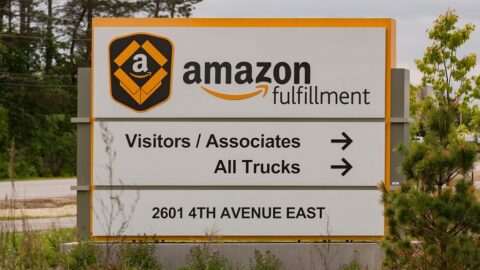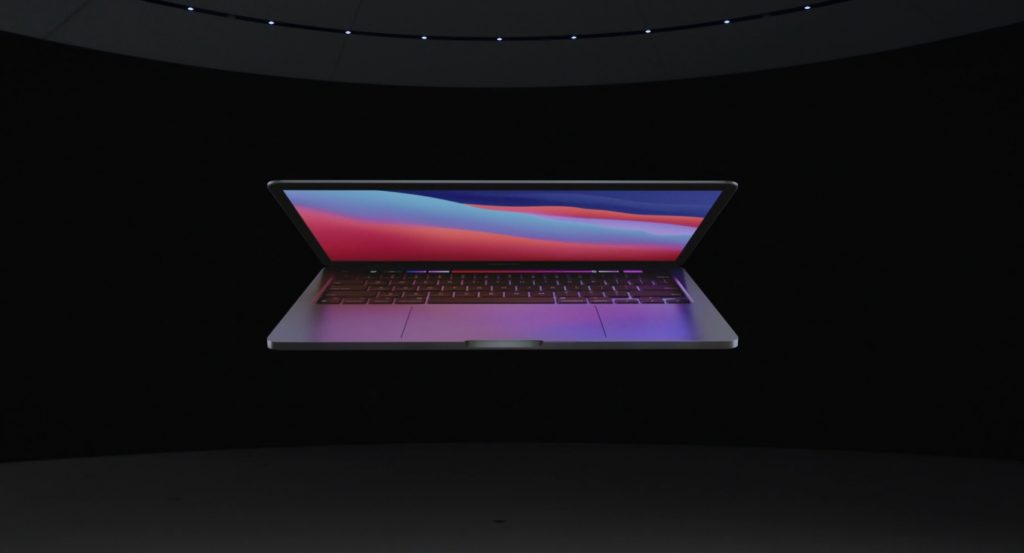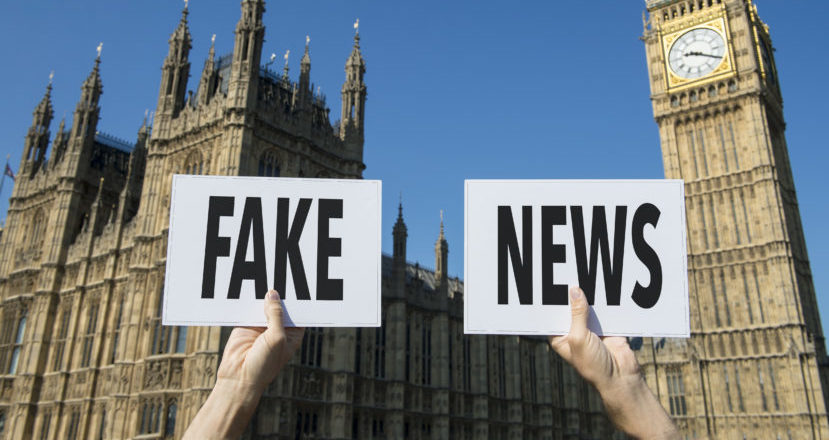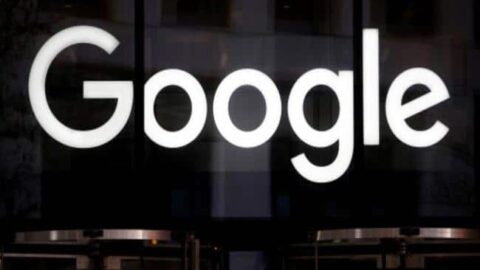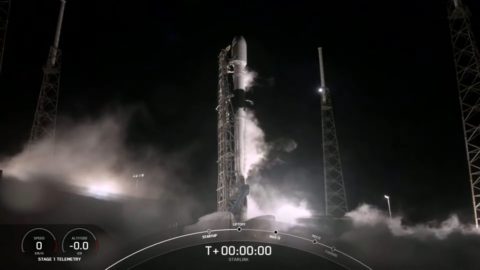Third time’s the charm for TikTok, apparently. US President Donald Trump has indicated he is willing to extend the June 19 deadline for China-based ByteDance to divest American operations of its popular short-form video platform. The announcement comes amid tensions over tariffs and national security concerns.
The original legislation had required ByteDance to divest TikTok’s US assets by January 19. However, since retaking office in January 2025, President Trump has issued two deadline extensions: the first to early April, and the second pushing the cut-off to June 19. Now, he appears ready to grant yet another reprieve if necessary (and if no proper deal has been struck by then). “I’d like to see it done,” Trump said in an interview on NBC’s Meet the Press on May 4. “TikTok is — it’s very interesting, but it’ll be protected. It’ll be very strongly protected. But if it needs an extension, I would be willing to give it an extension. Might not need it.”
The delay in resolving TikTok’s future stems from both legal and diplomatic challenges. Although a potential deal had been under discussion that would shift control of TikTok’s US operations to a new, American-led entity, it has been on hold due to Beijing’s reluctance to approve such a divestiture, particularly in the wake of Trump’s recent tariff hikes on Chinese goods. Trump has claimed that China is under pressure to engage in economic negotiations, stating that the 145% tariffs his administration has imposed are impacting China’s export-driven economy.
Of course, not everyone shares Trump’s willingness to extend the deadline. Legal experts and Democratic lawmakers have questioned whether he possesses the unilateral authority to override the terms of a law enacted by Congress and upheld by the Supreme Court. It also remains to be seen whether a a prospective deal, even if finalized, would satisfy national security requirements. Intelligence agencies have long warned that TikTok’s ties to China pose a risk of foreign influence and data harvesting. ByteDance is currently legally bound by Chinese regulations that could compel it to share user data with Beijing if requested.
Interestingly, Trump’s current posture on TikTok contrasts with his first administration, during which he aggressively pursued a ban on the app over national security issues. His decision to delay enforcement now may reflect a changing political calculus. TikTok has grown significantly in popularity, especially among younger voters. According to TikTok CEO data, the app’s U.S. user base rose from 150 million to 170 million between February 2023 and January 2024. Pew Research also estimates that one in three U.S. adults has used the app. Trump has acknowledged this, revealing that TikTok played a role in his electoral success among younger demographics. “Perhaps I shouldn’t say this, but I have a little warm spot in my heart for TikTok,” he said. “TikTok is — it’s very interesting, but it will be protected.”
Content originally published on The Tech Media – Global technology news, latest gadget news and breaking tech news.

